COGA Fact Sheet: Colorado's Legislative Process
The Colorado Constitution places the power to make laws with the state legislature, the Colorado General Assembly. The General Assembly cannot delegate this power, and no other branch of state government can usurp it. The power to make laws is exercised through the process of considering and adopting bills.
Colorado General Assembly
Consisting of 35 senators and 65 representatives, the Colorado state legislature includes 100 legislators responsible for authoring and debating bills that could eventually become new state laws. Per the Colorado Constitution, the legislature meets annually for 120 days beginning in January.
Colorado Senate
Senators serve four-year terms with a maximum of two terms. In 2019, Democrats have 19 seats and Republicans have 16 seats. The current Senate President Leroy Garcia (Senate District 3 – Pueblo) is the leader of the Senate Democrat Caucus and oversees the Senate Chamber. That includes determining the structure of 10 Senate committees and appointing, along with Senate Majority Leader Steve Fenberg (SD 18 – Boulder), the Democrats who serve on those committees. The Republican leader is Senate Minority Leader Chris Holbert (SD 30 – Douglas). He is responsible for managing the Republican Caucus in the Senate and for appointing Republicans to committees. Since the Democrats have a 19-16 seat majority, all committees have more Democrats than Republicans. To pass a bill out of the Senate it needs 18 votes.
Colorado House of Representatives
Representatives in the Colorado House serve two-year terms with a maximum of four terms. In 2019, the Democrats have 41 seats and the Republicans have 24. The current Speaker of the House, KC Becker (House District 13 – Boulder) is the leader of the House Democrat Caucus and oversees the House Chamber. That includes the structure of 11 House committees and appointing, along with House Majority Leader Alec Garnett (HD 2 – Denver), the Democrats who serve on those committees. The Republican leader is House Minority Leader Patrick Neville (HD 45 – Douglas). He is responsible for managing the Republican Caucus in the House and for appointing Republicans to committees. Since the Democrats have a 41-24 seat majority, all committees have more Democrats than Republicans. To pass a bill out of the House it needs 33 votes.
Governor
If a bill receives at least 33 House votes and 18 Senate votes, it goes to the governor, Jared Polis. The governor has the option to either sign the bill into law, veto the bill, or choose not to sign the bill. It takes two thirds of the General Assembly to override the governor’s veto. If the bill is not signed within 10 days during the 120-day legislative session, or 30 days after the session has adjourned, the bill becomes law without the governor’s signature.
Lobbyists
Lobbyists are a significant part of the lawmaking process, as they represent the interests of citizen groups, businesses, trade associations, nonprofits, and even state agencies. In Colorado, lobbying is defined as the act of communicating directly, or soliciting others to communicate, with an elected official for the purpose of aiding in or influencing the following:
The drafting, introduction, sponsorship, consideration, debate, amendment, passage, defeat, approval, or veto by any covered official on any bill, resolution, amendment, nomination, appointment or report, or any other matter pending or proposed for consideration by either the General Assembly or a committee thereof.
Citizen Advocacy
The participation of citizens is the most important part of the legislative process, as legislators are elected to represent their constituents. But how can lawmakers represent them unless their constituents engage in the process? Citizens can and should remind leaders of their responsibilities and offer them constructive ideas. If they do, regular citizens can bring about valuable public policy changes. Constituents can help legislators understand a bill’s potential impacts by testifying in committee hearings, meeting with their legislators, and advocating for their beliefs, interests, and opinions. Often the most significant impact occurs when a constituent offers nothing more than a personal story that relates to a policy issue being considered.
Additional Resources & Information
Find Your Legislator, Bill Tracking, and Legislative Updates | www.coga.org/takeaction
SB 181 Resources | www.coga.org/sb181
Get Involved Locally | www.coga.org/getinvolved
Colorado Regulatory Overview | www.coga.org/regulatoryoverview
Colorado General Assembly | www.leg.colorado.gov



